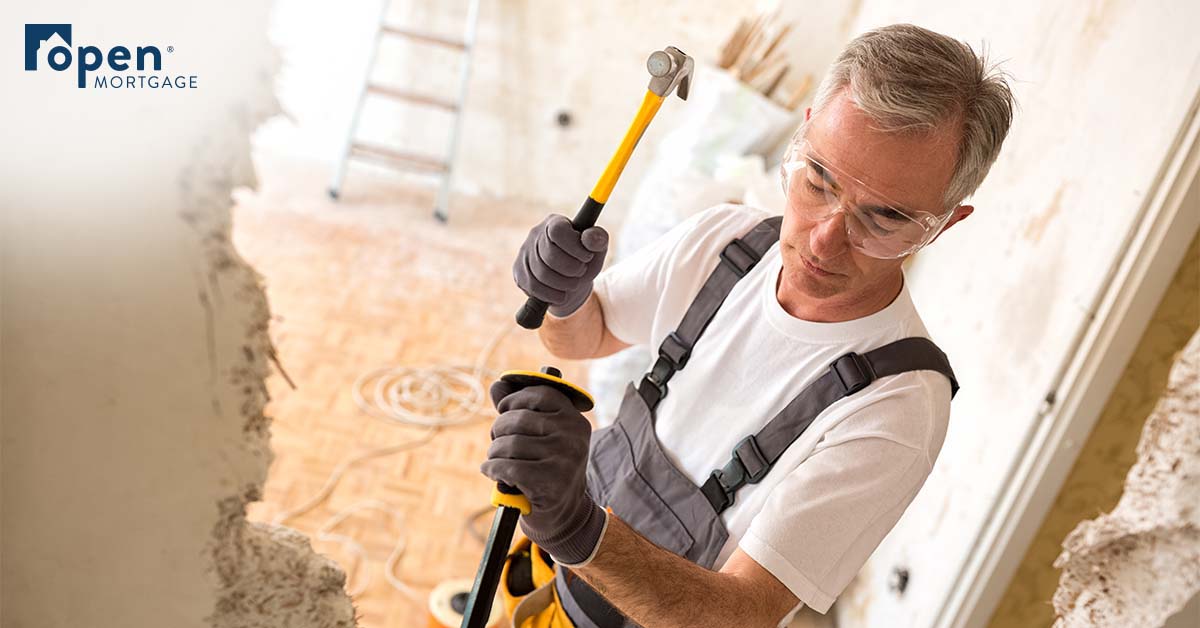
Five Tips for Planning a Pre-retirement Renovation
If you’re planning a home renovation, and retirement is on the horizon, you might want to take some extra time to plan your projects. Most home improvement projects require careful planning, but the challenges of retirement can raise the stakes even higher.
We’ve put together a few tips to guide your pre-retirement renovation and help you get the most out of every dollar when they matter most.
Aim for Accessibility
Aging in place remains the overwhelming preference among homeowners approaching retirement. If that is also your intention, any upgrades you plan should consider how they impact that goal. For example, creating a first-floor owner’s suite rather than updating an existing one upstairs or choosing low maintenance and slip-resistant flooring when refreshing rooms can add longer-term value.
Plan your financing early
Of course, any home renovation late in life should be part of a larger financial plan. However, remember that your financing options could be more limited once you’re officially retired. Since many lending options are based on your income, a dramatic reduction may impact the types of loans you will qualify for. On the other hand, reaching the age of 62 will open the door to a Home Equity Conversion Mortgage (HECM) with deferred repayment as long as the home remains your primary residence. You might decide the advantages of a reverse mortgage make waiting to begin your project the right choice.
Find DIY Savings
Regardless of what stage of life you’re in, saving money is helpful. However, before hiring a contractor to start your next project, consider if it’s something you could complete yourself. With free video tutorials available on almost any type of home improvement need, it’s easier than ever to evaluate whether hiring a pro is necessary. Sometimes shifting just part of a task, such as demolition, painting, or minor finishes, can lead to substantial savings.
Keep Your Options Open
Sometimes the hardest part of planning for retirement is preparing for the unknown. Once it begins, you may decide that staying in your current home or location is not the best way to enjoy post-career life. Should you choose to alter your plans, it can be wise to be sure any pre-retirement renovation has broad appeal. While it may seem like a good time to go all-in on your specific style preferences, it’s an approach that could make it harder to be flexible or cost you money if you decide to sell sooner than you anticipated.
Invest in Technology
Technology advancements for homes often pay for themselves over time, but they can also be invaluable for older homeowners. Smart home security features and energy-efficient upgrades are often worth integrating into your renovation plans. Take some time to think about how you expect to spend your time in retirement to help guide your decisions. If lots of travel away from home is on your bucket list, security cameras and remote locks that help you monitor your property from a distance can be helpful. Conversely, spending more time at home may mean investing in solar technology, high-efficiency HVAC systems, or new windows will minimize your utility expenses.
Find out how Open Mortgage can help you find a lending solution that supports your retirement plans by browsing our website or calling to speak with a representative today.
 Search
Search




